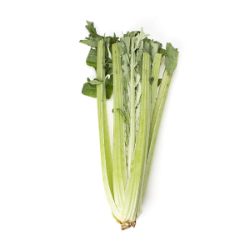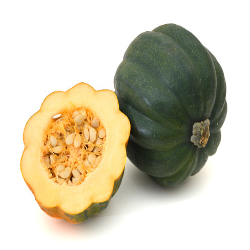Cardoon stalks Nutrition facts
Cardoon stalks

Cardoon is a popular leaf-stalk vegetable of the Mediterranean origin. It is closely related to artichoke, the other edible thistle, native to the Southern European region. Many delicious recipes prepared using these stalks are part of the traditional Christmas Eve festivities in Italy, Spain, Sardinia, Sicily, and France.
Botanically, it belongs to the composite Asteraceae or daisy family, in the genus, Cynara. Scientific name: Cynara cardunculus.
Some of the common names include cardone, cardo, carduni, cardoni, cardi, etc.
Similar Food
-
 Acorn squash 40 Cal
Acorn squash 40 Cal -
 Amaranth greens 23 Cal
Amaranth greens 23 Cal -
 Artichoke 47 Cal
Artichoke 47 Cal -
 Arugula 25 Cal
Arugula 25 Cal -
 Asparagus 20 Cal
Asparagus 20 Cal
Source of Calorie
17
Calories
-
Carbs4.07 g 81%
-
Protein0.70 g 14%
-
Fat0.10 g 5%
How long to burn off 17 Calories?
*Approximate base minutes for a 25-year-old, 65 kg adult at moderate intensity.
Swimming
3
min
Jogging
3
min
Cycling
3
min
Walking
5
min
| Nutrition Principle | Nutrition Value | Percentage of RDA |
|---|---|---|
| Principle | ||
| Energy | 17 Kcal | 1% |
| Carbohydrates | 4.07 g | 3% |
| Protein | 0.70 g | 1% |
| Total Fat | 0.10 g | 0.5% |
| Cholesterol | 0 mg | 0% |
| Dietary Fiber | 1.6 g | 4% |
| Vitamins | ||
| Folates | 68 µg | 17% |
| Niacin | 0.300 mg | 2% |
| Pantothenic acid | 0.338 mg | 7% |
| Pyridoxine | 0.116 mg | 9% |
| Riboflavin | 0.030 mg | 2% |
| Thiamin | 0.020 mg | 2% |
| Vitamin C | 2 mg | 3% |
| Vitamin A | 0 IU | 0% |
| Electrolytes | ||
| Sodium | 170 mg | 11% |
| Potassium | 400 mg | 8.5% |
| Minerals | ||
| Calcium | 70 mg | 7% |
| Copper | 0.231 mg | 27% |
| Iron | 0.70 mg | 9% |
| Magnesium | 42 mg | 10% |
| Manganese | 0.256 mg | 11% |
| Phosphorus | 23 mg | 3% |
| Selenium | 0.2 µg | <0.5% |
| Zinc | 0.17 mg | 1.5% |